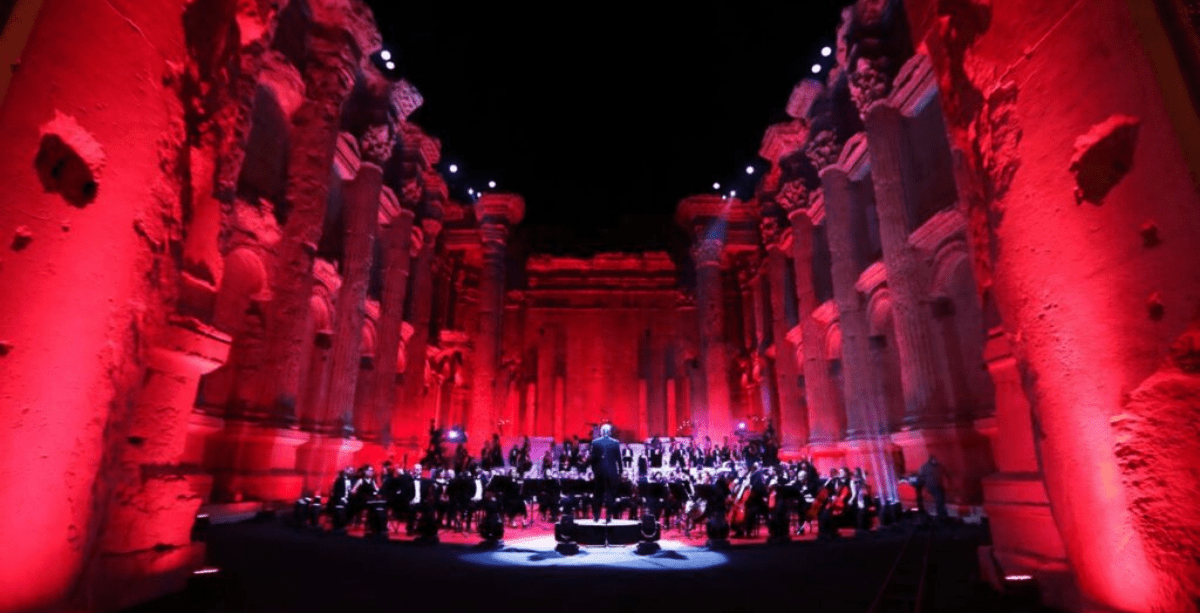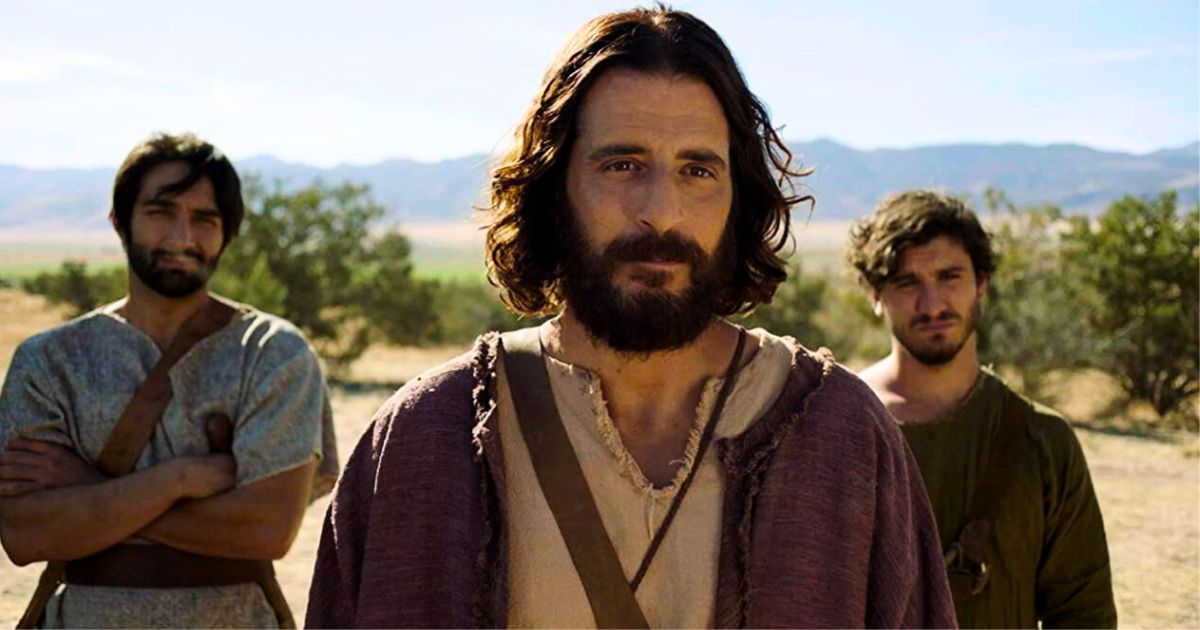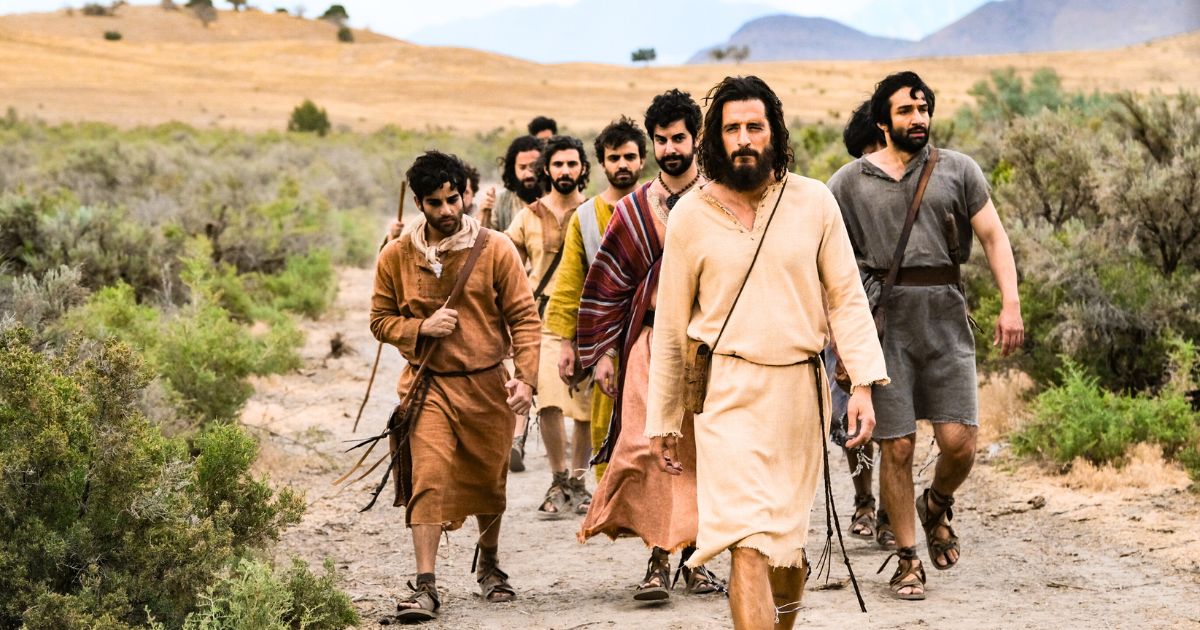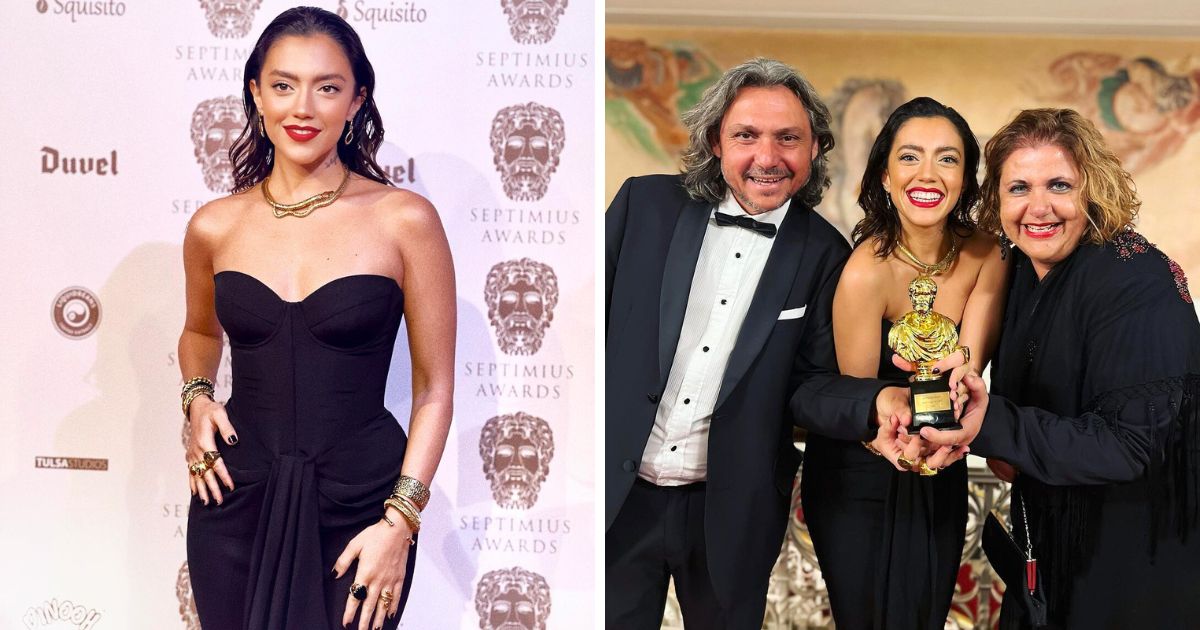Despite the global pandemic and the economic crisis crippling Lebanon, Baalbek held its festival this year, yet not in its usual way.
The legendary Baalbek International Festivals at the Bacchus Temple had to adapt this year to the ongoing and it did so with no less majesty and even with more impact.
Replaced by a splendid concert, it materialized as a strong message of hope, and a reminder that Lebanon is a place of culture, art, and beauty above everything else.
This year’s event was different from all the other years in that all people were able to attend it and watch it from their own homes. Music and hope entered the hearts and homes of every Lebanese on Sunday night.
This historic concert took place on Sunday the 5th and started at 9 pm. “The Sound Of Resilience”, which was a very appropriate name for the event, was led by Maestro Harout Fazlian and organized by The Baalbek Internation Festivals Committee.
The concert respected all precautions and health measures, as in not allowing a live audience. Although performed without the usual national and international audience, it was grand and matched any largest international festivals and concerts.
“This concert in Baalbek is a message we send from Baalbek to the Lebanese people and from Lebanon to the world,” the president of the Baalbek International Festivals Committee Nayla De Freij told LBCI.
“The idea is to give hope, resilience, joy, and love despite what is happening and this concert is a cultural cry,” she asserted.
In another exceptional scene, The Voice Of Resilience was broadcasted directly from the Temple of Bacchus on the front wall of the National Museum in Beirut.
Citizens from different areas of Lebanon gathered outside the National Museum to enjoy the projected concert and renew their hope in a better tomorrow.
The concert was performed by the Lebanese Philharmonic Orchestra, with The Antonin University Choir, The Notre-Dame University Choir, The Qolo Atiqo Choir, and Lebanese musicians led by Maestro Harout Fazlian, in addition to the participation of the star Rafic Ali Ahmed.
As for the scenography, it included archived photos and visual creations and was executed by Jean Louis Mainguy and directed by Bassem Christo.
As Lebanese influencer Adeela commented on social media, “This is the Lebanon we want to live in, the Lebanon of culture, creativity, and beauty.”
Impacted by this event and its meaning, the Lebanese on Twitter went on expressing their sentiments with a top trending hashtag: Raise the Volume.
A statement that reflects a powerful desire for hope when no much of it is left in the hearts of the Lebanese: Raise the volume of music and culture above all, above the pain and the despair, above the conflicts and the crises, above the deceits and the disappointments.
That was the sound of resilience resonating in the hearts of the Lebanese, reminding us all that Lebanon is the country of a nation that adamantly refuses to die, always did and always will.















